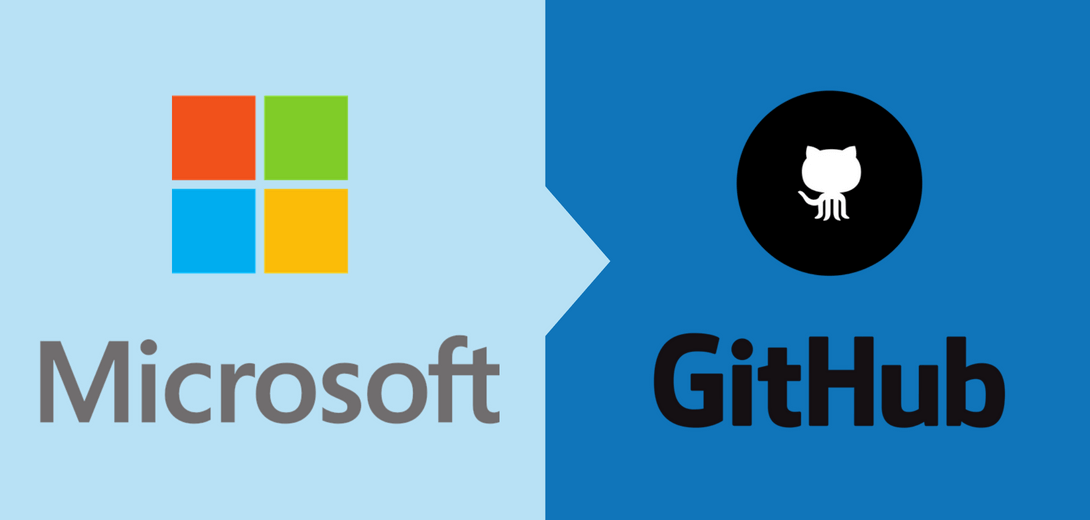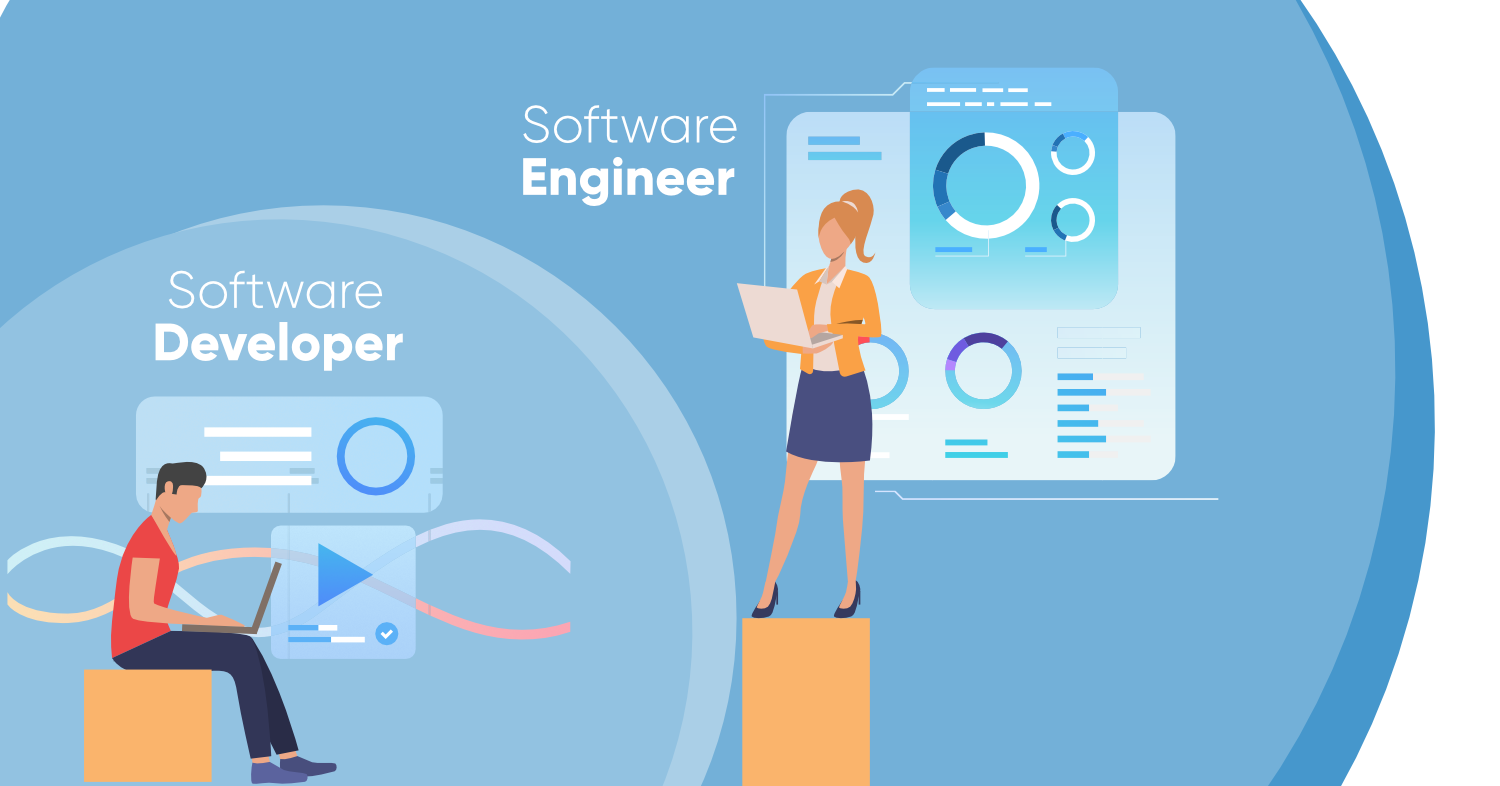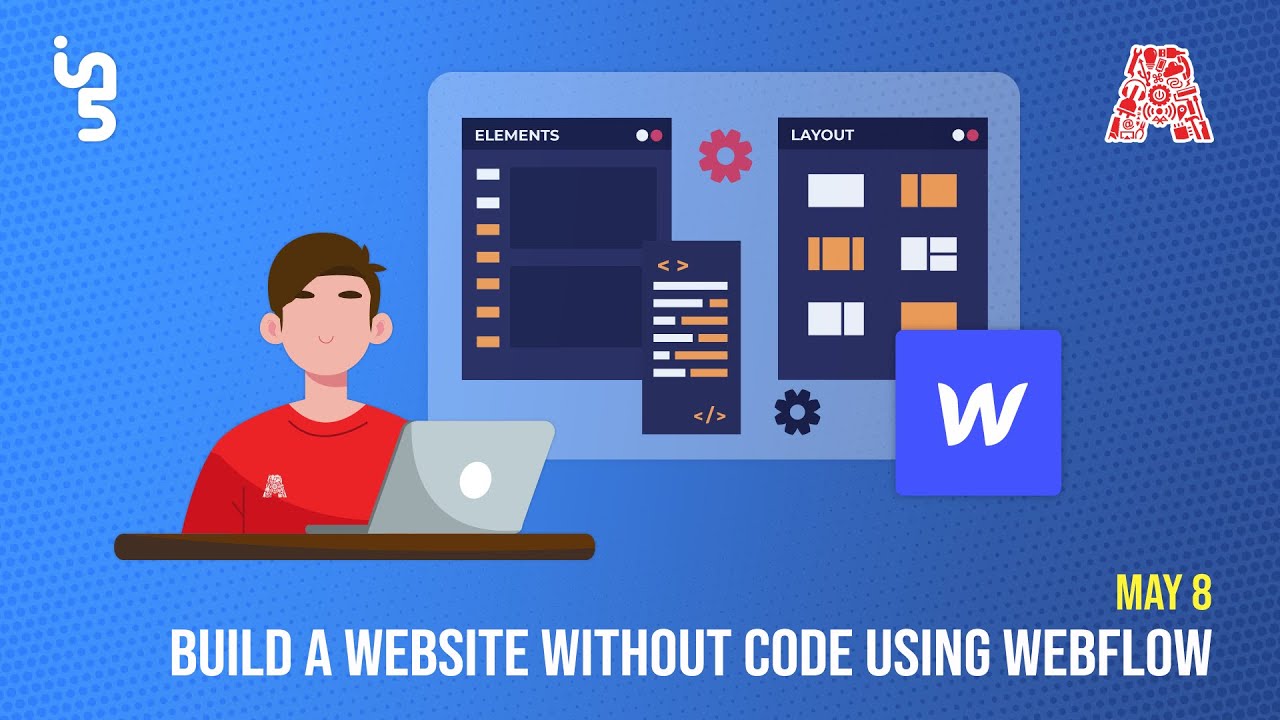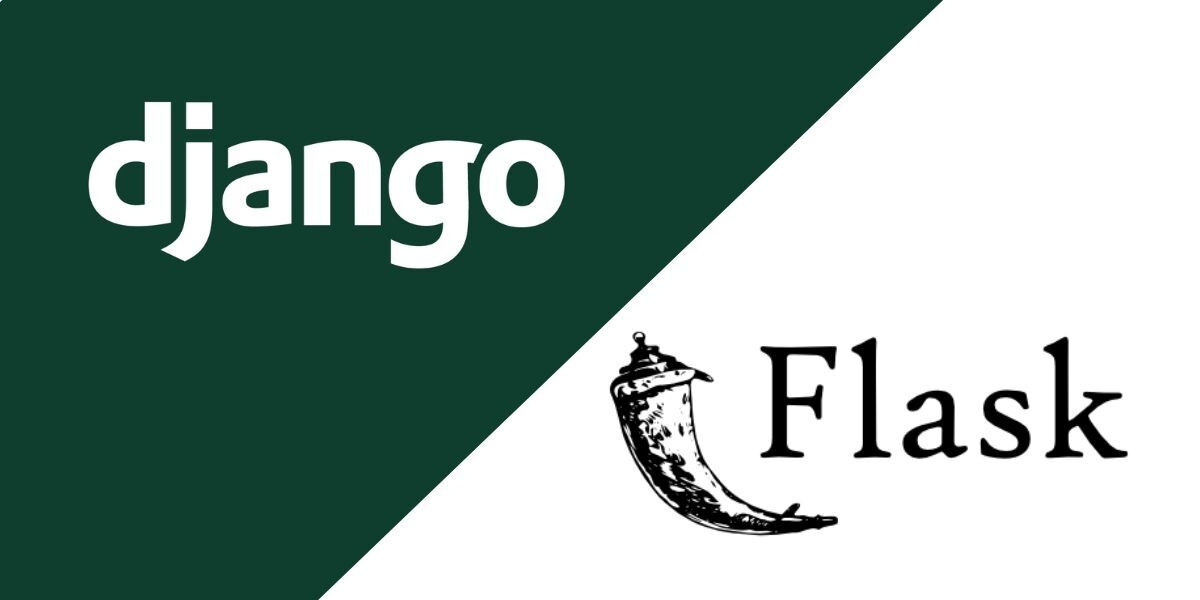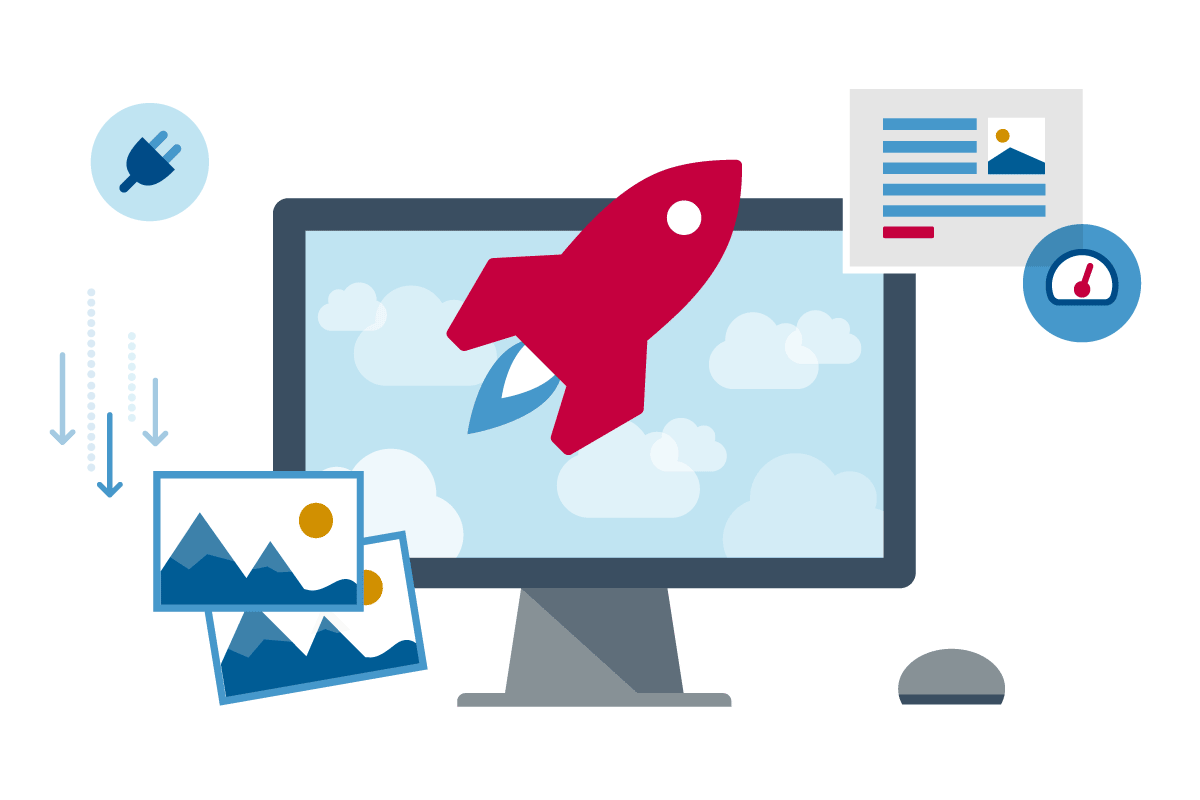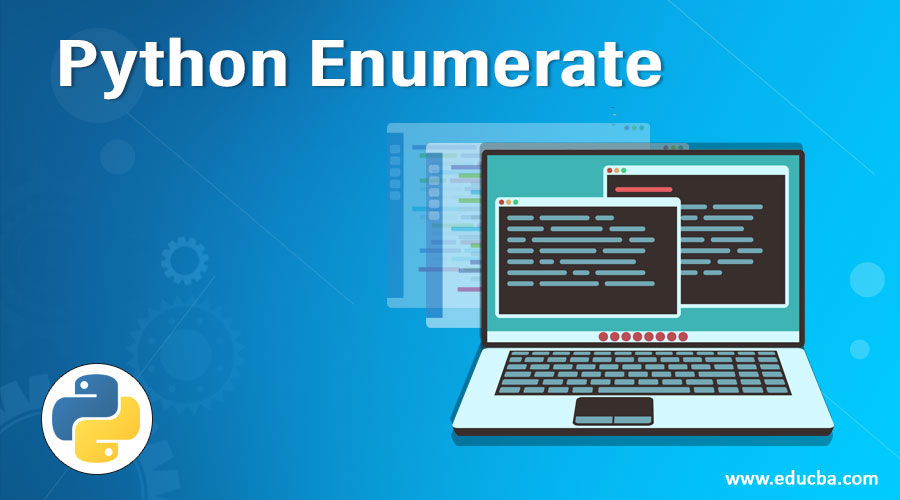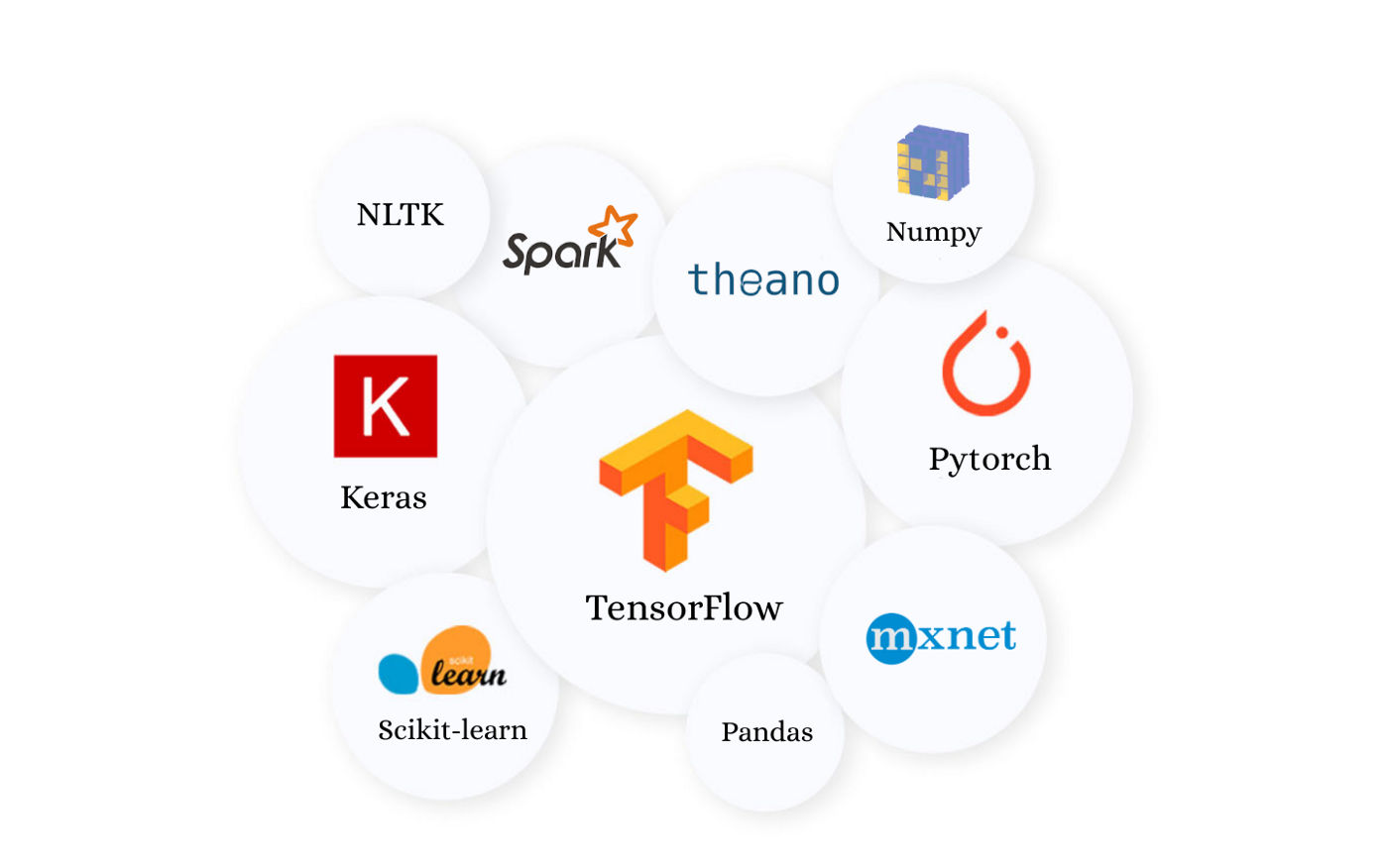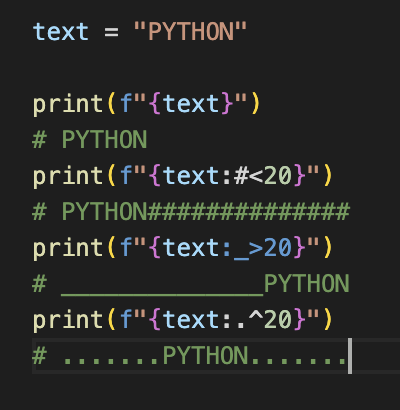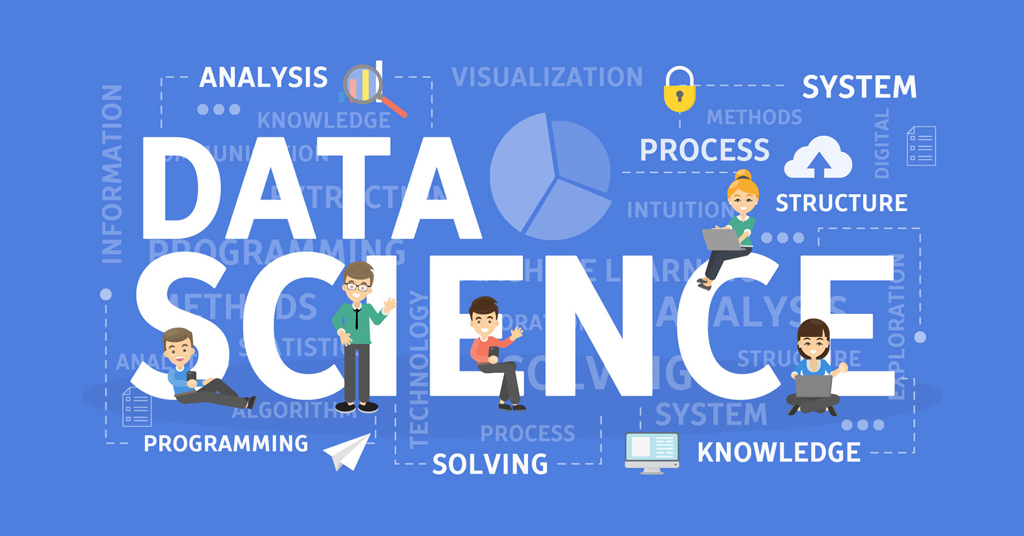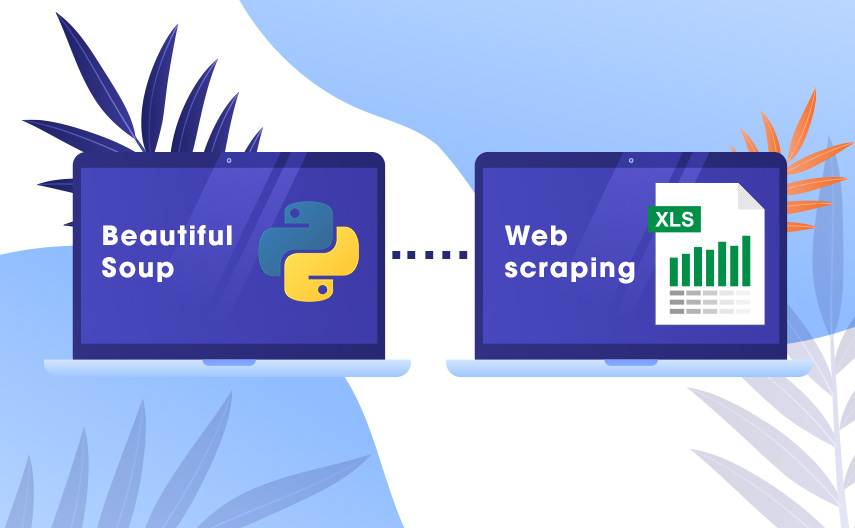After Microsoft's acquisition of GitHub in 2018, several changes have been made to the platform. One of the major changes was the integration of Microsoft's developer tools, such as Visual Studio and Visual Studio Code, with GitHub. This allows developers to easily access and utilize these tools directly from the GitHub platform.
Another change was the introduction of GitHub Actions, a tool that allows developers to automate their software development workflows. This includes tasks such as building, testing, and deploying code. GitHub Actions is built on top of the existing GitHub API and enables developers to automate their software development process in a simple way.
GitHub also announced the launch of GitHub Private Instances, a new offering for enterprise customers that provides a fully-managed version of GitHub that can be run on the customer's own infrastructure. This allows enterprise customers to keep their code and data on-premises, rather than in the cloud.
Additionally, GitHub introduced GitHub Sponsors, a new feature that allows developers to receive financial support from others for their open-source work. Sponsors can also benefit from exclusive content, such as early access to new features, and other perks.
Finally, GitHub also announced the launch of GitHub Learning Lab, an interactive learning platform that offers courses and hands-on tutorials to help developers learn new skills and advance their careers.
Overall, Microsoft's acquisition of GitHub has brought a number of new features and tools to the platform that make it even more powerful and useful for developers. From integration with Microsoft's developer tools, to automation, collaboration, and learning tools, GitHub offers developers a comprehensive and powerful platform for building, deploying and sharing their code.
Share:

